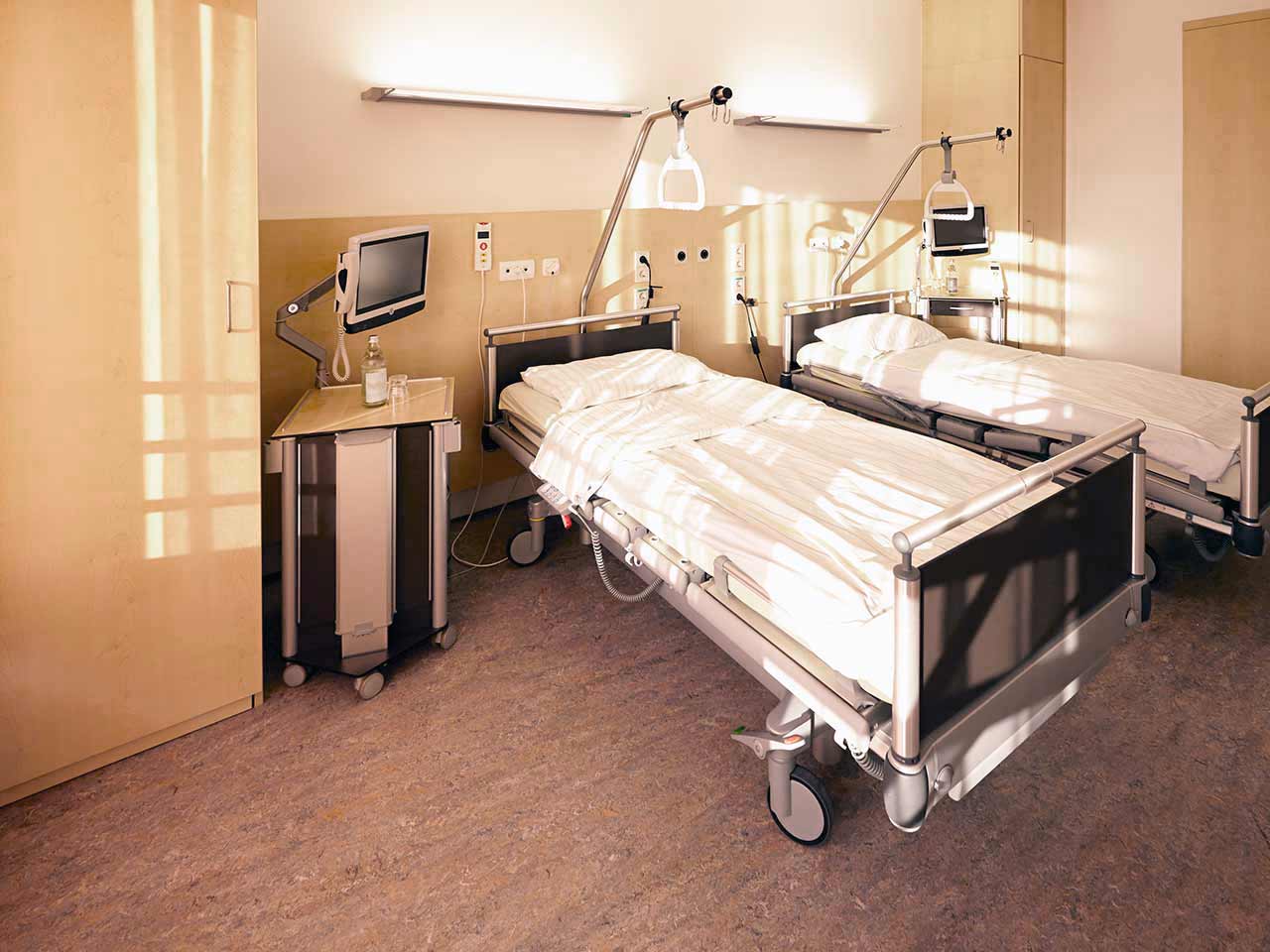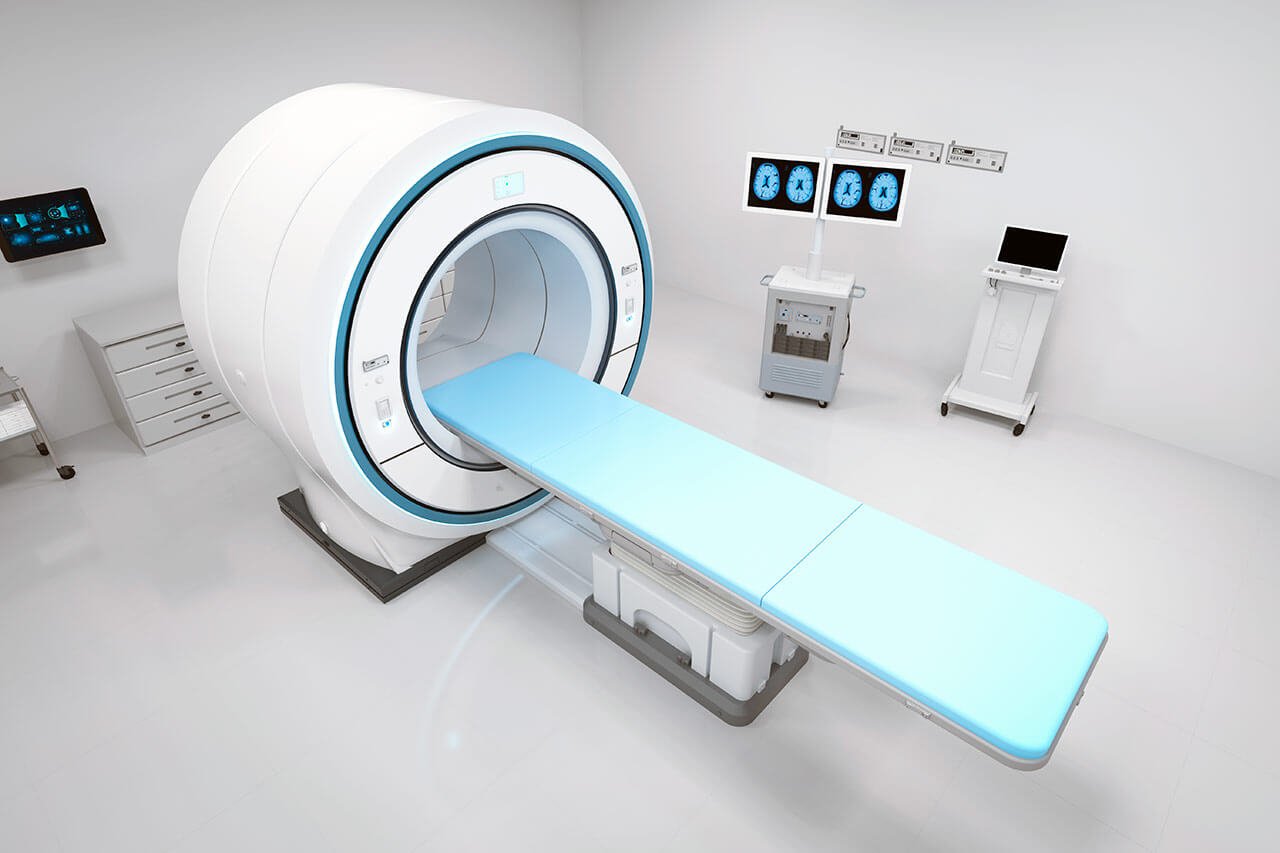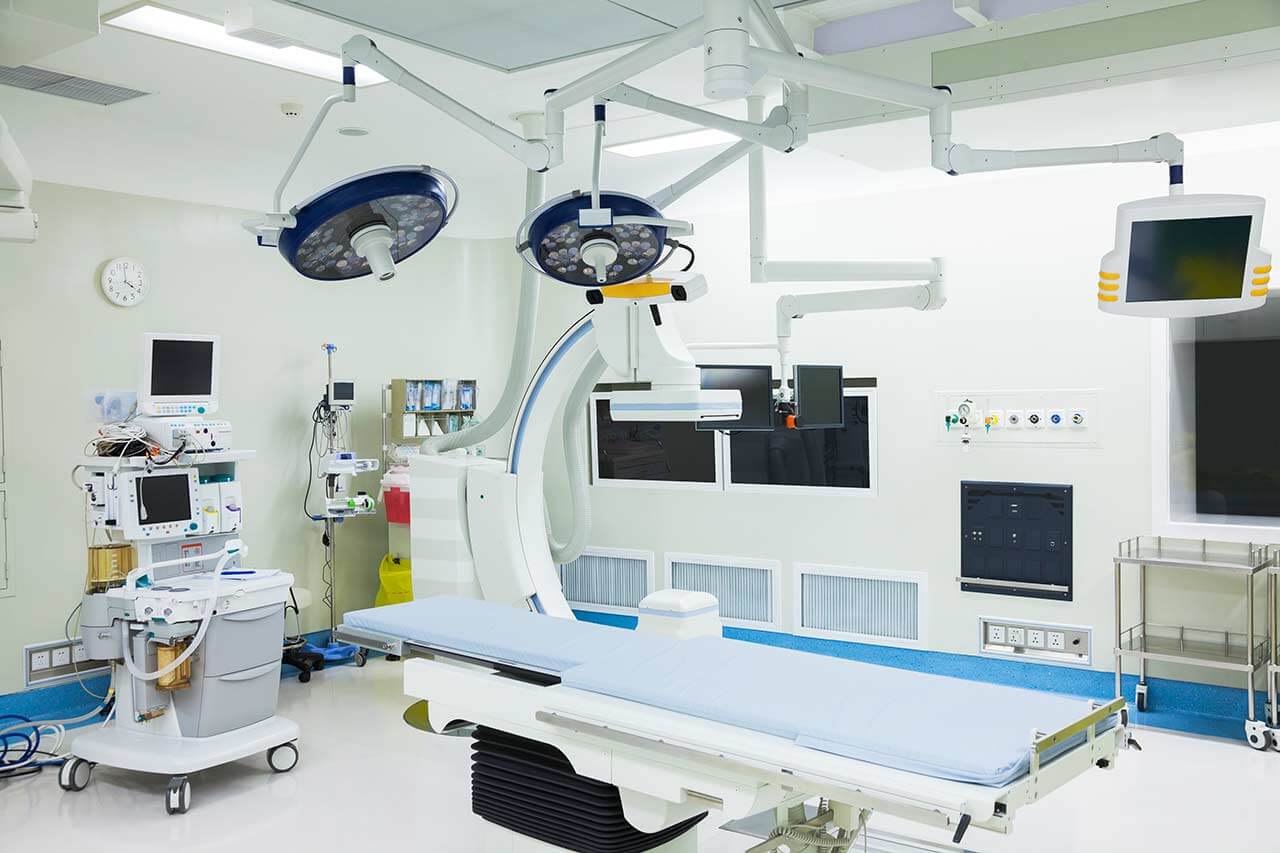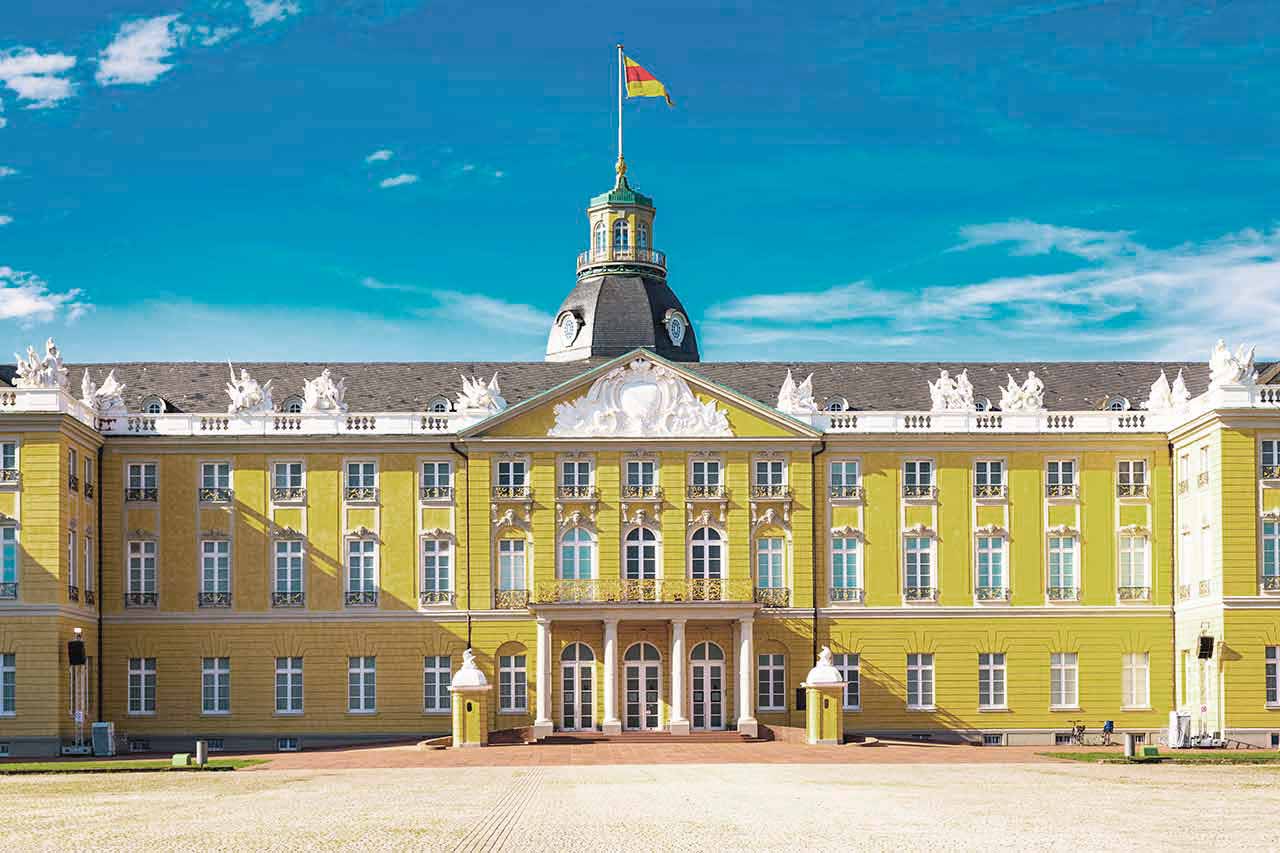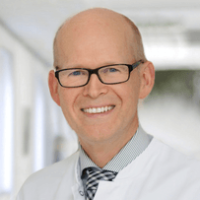
About the Department of Thoracic Surgery at ViDia Hospital Karlsruhe
The Department of Thoracic Surgery at the ViDia Hospital Karlsruhe provides the full range of modern medical services for patients with benign and malignant diseases of the respiratory tract, lungs, mediastinum, and pleura, as well as chest wall deformities and injuries. Since 2011, the department has been certified by the German Cancer Society (DKG) as a Lung Cancer Center. Patients with this cancer are treated in close cooperation with pulmonologists, oncologists, and radiation therapists. Thoracic surgeons work in state-of-the-art operating rooms with advanced equipment adapted for effective and safe surgical treatment. More than 80% of surgical interventions performed in the medical facility are minimally invasive, so the risks to patients are virtually zero, and there is no need for a long-term hospital stay. If a patient needs extensive resection for a malignant lung tumor, surgeons perform an autologous lung tissue transplant, combining bronchoplasty and angioplasty techniques. Radiofrequency ablation is also successfully performed as an alternative to surgery for lung cancer and lung metastases. Many patients have fears and concerns before surgery, so doctors devote enough time to personal communication with each patient, showing a humane attitude and understanding. The Head Physician of the department is Prof. Dr. med. Thomas Schneider.
The main focus of the department's specialization is the treatment of lung cancer, which is the third most common malignant tumor among men and women. For the treatment of patients with this diagnosis, a specialized center has been operating in the department since 2012. The certification from the German Cancer Society (DKG) testifies to the successful clinical practice of the medical facility. The medical team of the center aims to provide patients with accurate diagnosis and effective treatment, as well as comprehensive care throughout the entire therapeutic process. Interdisciplinary tumor boards are held weekly in the Lung Cancer Center, where thoracic surgeons and physicians from related medical fields study the diagnostic results of patients and elaborate an effective treatment regimen. In most cases, the first-line treatment is surgical resection of the malignant tumor. The department's thoracic surgeons almost always perform surgical interventions using sparing video-assisted thoracoscopic surgical techniques (VATS). In some cases, patients also receive neoadjuvant chemotherapy or radiation therapy prior to surgical intervention to shrink the tumor size and thus ensure the best resection results. Radiation therapy, chemotherapy, immunotherapy, antibody therapy, and other conservative treatment methods are often indicated to the patient after surgery.
The department's thoracic surgeons also specialize in the treatment of lung metastases. For this purpose, doctors perform a modern procedure called radiofrequency ablation. The essence of this minimally invasive treatment method is the impact on the tumor tissue with high-energy radio waves. The therapeutic effect is achieved by heating atypical lung tissues to extremely high temperatures (90°C and above), resulting in the death of cancer cells. The therapeutic manipulation is performed under CT guidance. In some cases, radiofrequency ablation can be performed in the department not only to remove metastases but also to destroy small malignant lung tumors, no larger than 3-4 cm.
An integral part of the clinical activity of thoracic surgeons is the repair of chest deformities such as pectus excavatum and pectus carinatum. Chest deformities are a serious aesthetic problem, but they are also associated with damage to health because they often cause respiratory disorders, heart displacement, spinal curvature, and other pathologies. In cases of mild forms of pectus excavatum, doctors often perform Klobe vacuum bell therapy. The disadvantage of this treatment option is its long-term application – 2-3 years or more. The most effective method of repairing pectus excavatum is the Nuss procedure. This intervention is performed at the medical facility using minimally invasive techniques. Thoracoplasty is the optimal treatment method for pectus carinatum.
The department's range of medical services includes:
- Surgical treatment of malignant diseases of the respiratory system
- Surgery for lung cancer and lung metastases
- Surgery for pleural mesothelioma
- Surgery for mediastinal cancer
- Surgery for malignant pleurisy
- Surgery for malignant chest wall tumors
- Surgical treatment of benign diseases of the respiratory system
- Surgery for chest deformities: pectus excavatum and pectus carinatum
- Surgery for pneumothorax
- Surgery for pleural empyema
- Other surgical options
Curriculum vitae
Higher Education and Professional Career
- 1986 - 1992 Medical studies, Justus Liebig University Giessen and Ruprecht Karl University of Heidelberg.
- 1994 Thesis defense: "Classification of breast tumors. Obtaining objective results using planned morphometry".
- 1999 Board certification in Surgery, University Hospital Heidelberg.
- 2002 Board certification in Thoracic Surgery, University Hospital Heidelberg.
- 2004 Senior Physician, Department of Thoracic Surgery, University Hospital Heidelberg.
- 2012 Head Physician, Department of Thoracic Surgery, ViDia Hospital Karlsruhe.
- 2014 Habilitation, Ruprecht Karl University of Heidelberg. Subject: "Induction of a characteristic tumor immune response by radiofrequency ablation in lung cancer".
- 2014 Visiting Professor (specialization: treatment of lung cancer and pleural mesothelioma), Memorial Sloan Kettering Cancer Center, New York, USA.
Clinical Interests
- Minimally invasive surgery on chest organs, excluding the heart.
- Surgical treatment of lung, pleural, and mediastinal tumors.
- Laser surgery for lung metastases.
- Surgical treatment of pulmonary emphysema.
- Surgical repair of pectus excavatum.
Photo of the doctor: (c) ViDia Kliniken Karlsruhe
